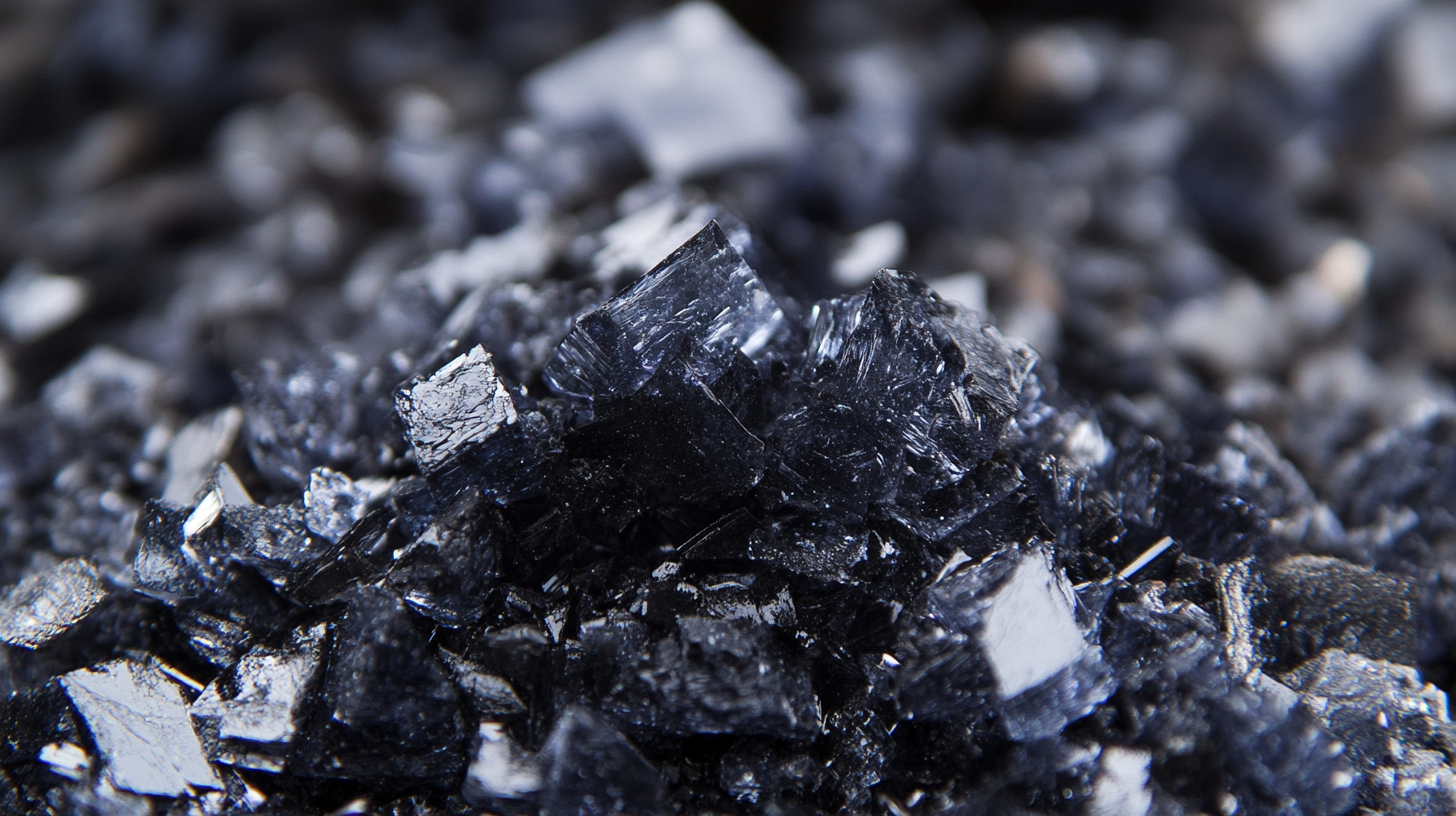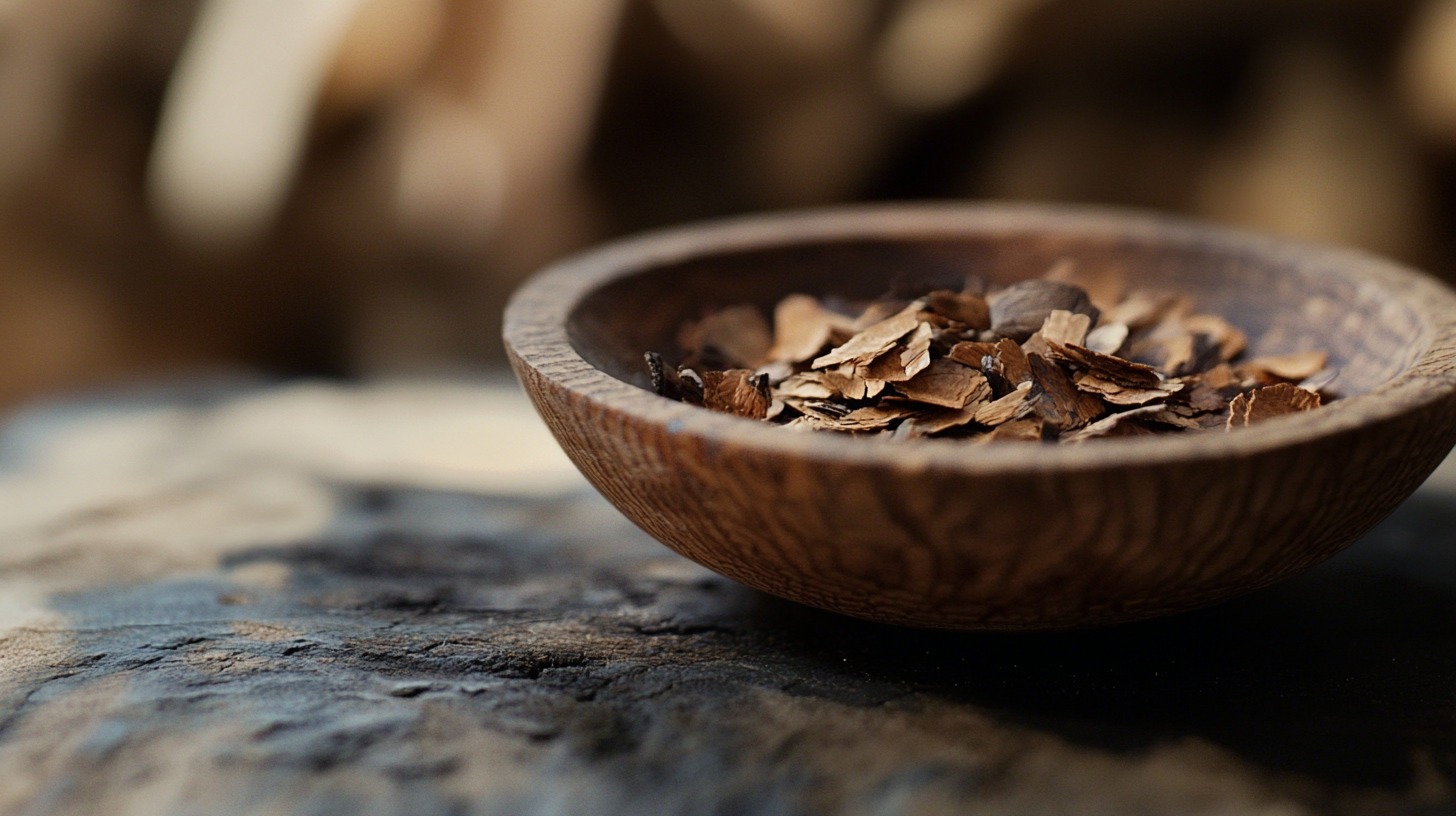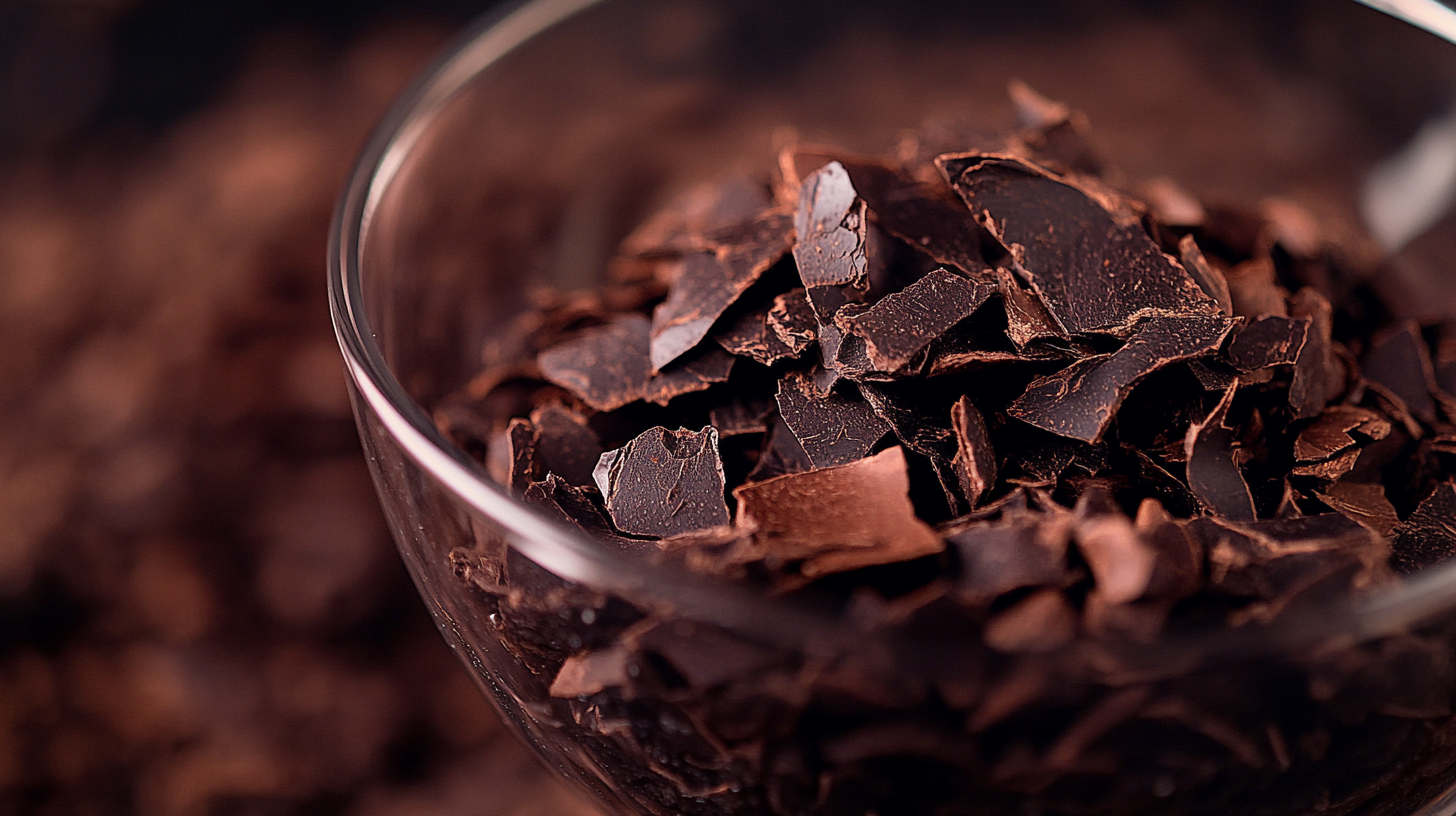Discover the Superior Benefits of Choosing Best Natural Flake for Your Business Needs
In today's rapidly evolving market, businesses are increasingly recognizing the vital role that high-quality materials play in their growth and sustainability. According to a recent report by Smithers Pira, the global demand for natural materials, particularly in the food, beauty, and packaging industries, is projected to reach $1.2 trillion by 2025. This surge emphasizes the importance of selecting the right components, such as Natural Flake, to enhance product quality and environmental responsibility.
 Natural Flake offers unparalleled advantages, including superior performance and biodegradability, making it a preferred choice over synthetic counterparts. As industries strive to minimize their ecological footprint while meeting consumer demands for transparency and sustainability, the decision to incorporate Natural Flake could lead to significant operational benefits and a stronger market presence.
Natural Flake offers unparalleled advantages, including superior performance and biodegradability, making it a preferred choice over synthetic counterparts. As industries strive to minimize their ecological footprint while meeting consumer demands for transparency and sustainability, the decision to incorporate Natural Flake could lead to significant operational benefits and a stronger market presence.
Understanding the Growing Demand for Natural Flake in 2025
As we look ahead to 2025, the demand for natural flake products is anticipated to surge significantly, driven by a growing awareness of sustainability and health-conscious choices among consumers. According to a recent market analysis by Grand View Research, the global natural flake market is projected to reach USD 2.5 billion by 2025, with a compound annual growth rate (CAGR) of 8.2% from 2021 to 2025. This notable growth is largely fueled by various industries, including food, cosmetics, and personal care, increasingly opting for natural ingredients in their formulations.
The shift towards natural flakes is also reflected in changing consumer preferences. A Nielsen report indicates that 68% of consumers prioritize products made with natural ingredients, showcasing a clear trend towards transparency and quality. This growing demand emphasizes the necessity for businesses to reevaluate their sourcing strategies and consider incorporating natural flake products into their offerings. By aligning with this trend, companies not only meet consumer expectations but also position themselves as leaders in sustainability within their respective markets.

Key Advantages of Integrating Natural Flake into Your Supply Chain
Integrating natural flake materials into your supply chain offers significant advantages that can enhance operational efficiency and product quality. According to a recent report by MarketsandMarkets, the global natural flakes market is projected to reach $12.6 billion by 2025, reflecting a growing demand driven by increased consumption in the food and cosmetics industries. Natural flakes are favored for their sustainability and minimal environmental impact compared to synthetic alternatives, which aligns with the rising consumer preference for eco-friendly products.
Furthermore, businesses utilizing natural flakes in their formulations can benefit from improved product performance. Research published in the Journal of Cleaner Production highlights that natural flakes exhibit superior properties such as better thermal stability and enhanced strength, offering manufacturers an edge in competitive markets.
By incorporating these materials, companies not only meet regulatory standards but also enhance their product appeal to environmentally-conscious consumers, positioning themselves as leaders in sustainability initiatives within their industry.
Sustainability: The Environmental Impact of Choosing Natural Flake
Choosing natural flake materials for your business not only elevates product quality but also supports a sustainable ethos. The environmental impact of selecting natural flake is profound. Unlike synthetic alternatives that often rely on petrochemicals and contribute to pollution, natural flake is biodegradable and derived from renewable resources. This shift towards using natural materials helps reduce carbon footprints, supports cleaner production processes, and minimizes waste in our ecosystems.
Moreover, adopting natural flake can enhance your company's reputation as a responsible entity committed to sustainability. Consumers today are increasingly aware of the environmental consequences of their choices. By prioritizing natural materials, businesses can attract eco-conscious customers who value sustainability, thus fostering a loyal customer base while contributing to a healthier planet. As companies embrace these eco-friendly practices, they not only comply with regulations but also position themselves as leaders in an emerging market focused on sustainability.
How to Source the Best Natural Flake Suppliers for Your Business
When it comes to sourcing the best natural flakes for your business needs, understanding the landscape of suppliers is vital. According to a recent report by Research and Markets, the global natural flakes market is expected to grow at a CAGR of 5.6% from 2021 to 2026. This growth is driven by the increasing demand for sustainable and eco-friendly products across various industries. When selecting a supplier, businesses should prioritize those who emphasize sustainable sourcing practices, as this can significantly impact both product quality and brand reputation.
Additionally, it is crucial to evaluate suppliers based on their production capabilities and the range of natural flakes they offer. A comprehensive study by Frost & Sullivan indicates that suppliers with diversified product lines not only provide flexibility in meeting specific customer needs but also enhance innovation in product development. Seeking suppliers who use advanced extraction and processing techniques can further ensure the consistent quality of the natural flakes supplied to your business, allowing you to maintain your competitive edge in the market.
Discover the Superior Benefits of Choosing Best Natural Flake for Your Business Needs
| Supplier Type | Quality Rating | Delivery Time (Days) | Minimum Order Quantity | Customer Support Rating | Price Range (per kg) |
|---|---|---|---|---|---|
| Domestic Supplier | 4.5/5 | 7 | 500 kg | 4.8/5 | $10 - $15 |
| International Supplier | 4.0/5 | 14 | 1000 kg | 4.5/5 | $12 - $20 |
| Local Artisan | 4.8/5 | 5 | 250 kg | 4.9/5 | $15 - $22 |
| Bulk Distributor | 4.2/5 | 10 | 2000 kg | 4.3/5 | $8 - $12 |
Innovative Applications of Natural Flake Across Various Industries
In today's rapidly evolving industries, the innovative applications of natural flake materials are paving the way for significant advancements. From construction to electronics, these versatile materials offer an array of benefits that can't be overlooked. Natural flake is not only known for its sustainability but also for its superior performance in various applications. For instance, in the construction sector, these flakes can enhance the thermal efficiency of buildings, contributing to eco-friendly designs. By integrating natural flake materials, businesses can meet the increasing demand for sustainable solutions while improving overall functionality.

Furthermore, industries are now embracing the potential of natural flakes in high-tech applications. As highlighted in recent discussions about the future of building technology, advancements in AI and smart building solutions are applying these materials to improve energy efficiency and reduce operational costs. With natural flake providing a lightweight yet durable solution, its role in electronics and smart materials continues to expand. The synergy between innovative technologies and natural resources promises a future where industries not only thrive economically but also promote environmental stewardship.